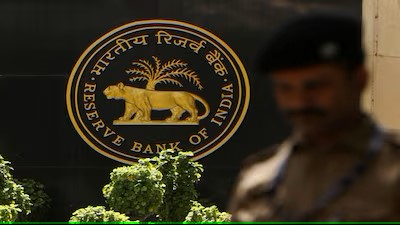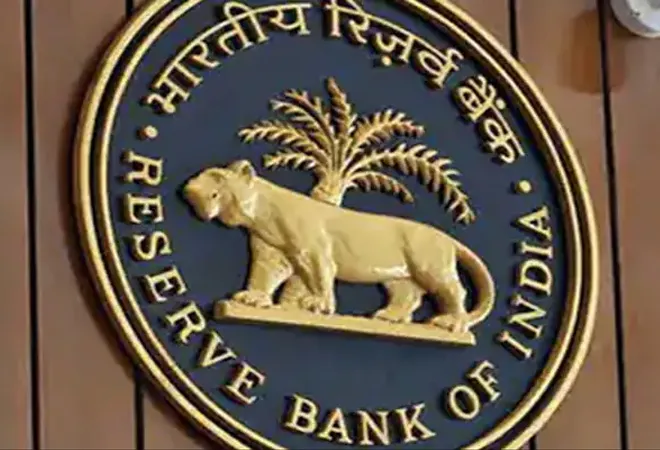The Reserve Bank of India (RBI) has imposed a total penalty of Rs 4.7 lakh on five cooperative banks for failing to follow regulatory guidelines. The highest penalties of Rs 1.5 lakh each were given to Maharashtra’s Sahyog Urban Cooperative Bank Ltd and Gujarat’s Rander People’s Cooperative Bank Ltd.
 Here’s a look at each bank and the reasons for the fines:
Here’s a look at each bank and the reasons for the fines:
1. Sahyog Urban Cooperative Bank (Maharashtra)
RBI’s inspection found that Sahyog Urban Cooperative Bank had not transferred funds to the Depositor Education and Awareness Fund (DEAF) within the required timeframe. This violation of Section 26A of the Banking Regulation Act led to a Rs 1.5 lakh penalty.
2. Rander People’s Cooperative Bank (Gujarat)
Rander People’s Cooperative Bank was fined Rs 1.5 lakh for similar DEAF-related issues, along with lapses in KYC compliance. The bank did not update customer KYC information based on risk assessments and failed to review account risk levels every six months, as required by RBI.
3. Tura Urban Cooperative Bank (Meghalaya)
RBI penalized Tura Urban Cooperative Bank Rs 1 lakh for failing to comply with the Supervisory Action Framework (SAF) guidelines. The bank exceeded capital expenditure limits without approval and issued loans beyond prescribed exposure limits.
4. Ahmedabad Urban People’s Cooperative Bank (Gujarat)
Ahmedabad Urban People’s Cooperative Bank was fined Rs 60,000. RBI found it had not provided credit data to three credit information companies (CICs) and had provided incomplete data to one CIC. Additionally, the bank failed to conduct the required account risk assessments every six months.
5. Jambusar People’s Cooperative Bank (Gujarat)
RBI fined Jambusar People’s Cooperative Bank Rs 10,000 for failing to share data with any CICs, a requirement for cooperative banks.
RBI emphasized that these penalties are strictly due to compliance issues and do not impact the banks’ existing agreements or transactions with their customers. The central bank’s action underscores the importance of regulatory adherence to maintain stability in the cooperative banking sector.




